As we know, VIC is the worst-run state in Australia.
This is strange given that there is no native industry left to drain talent from the government. But it is what it is.
Lowest income growth.
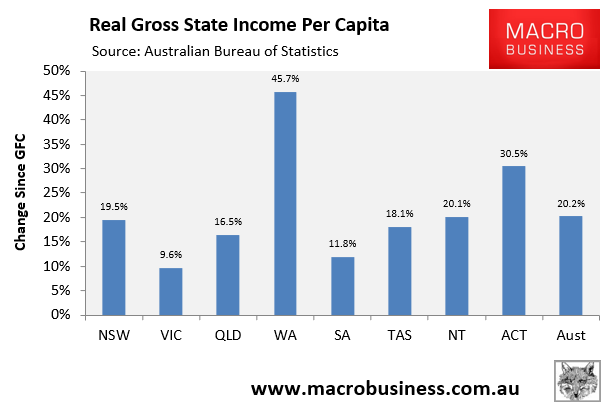
Highest debt.
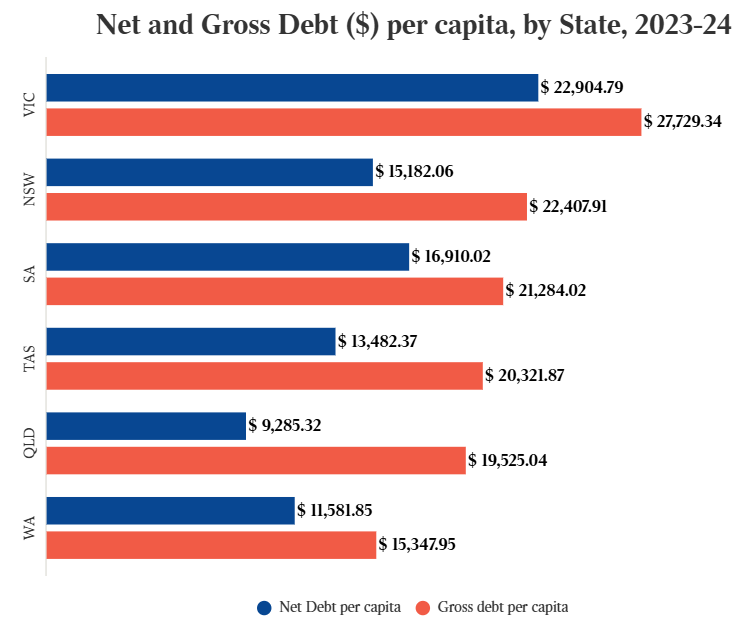
And unemployment.
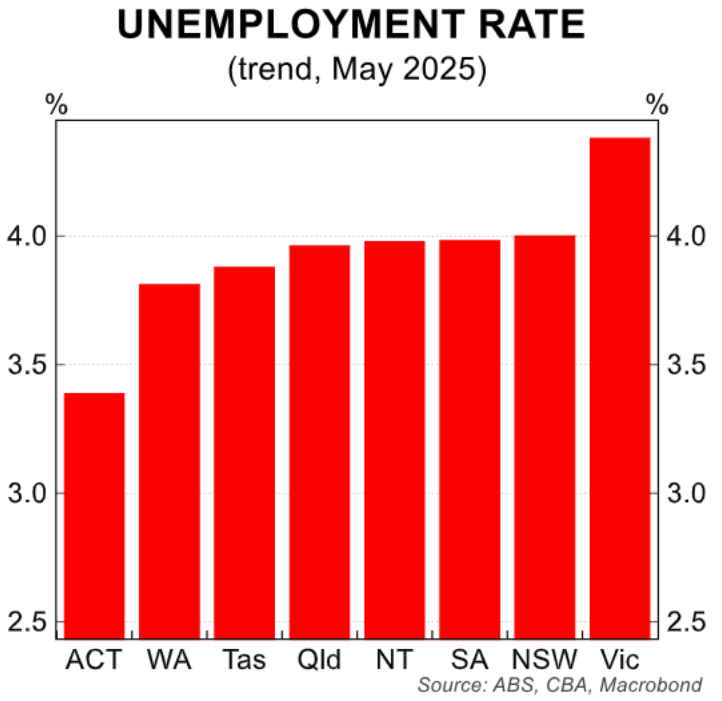
Worst business conditions.
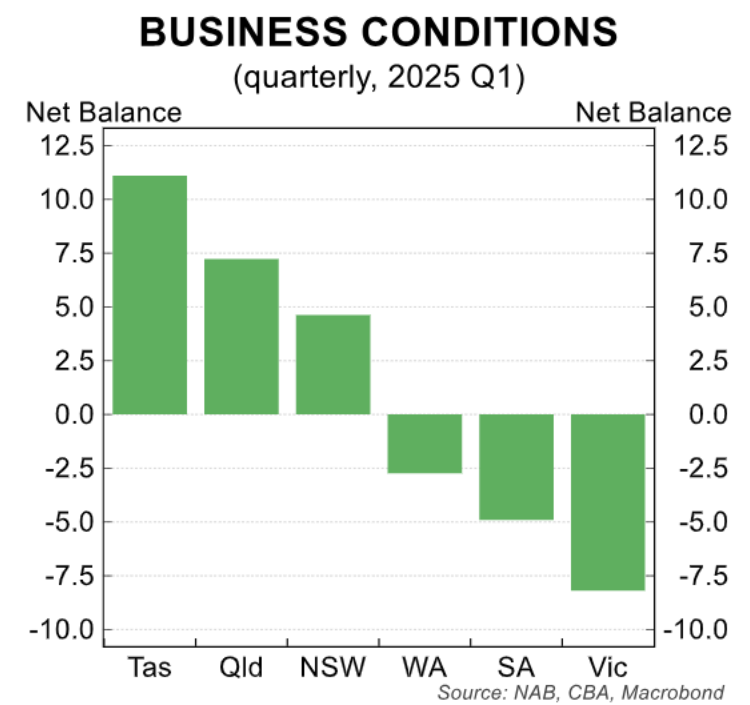
And, you guessed it, absurd population growth.
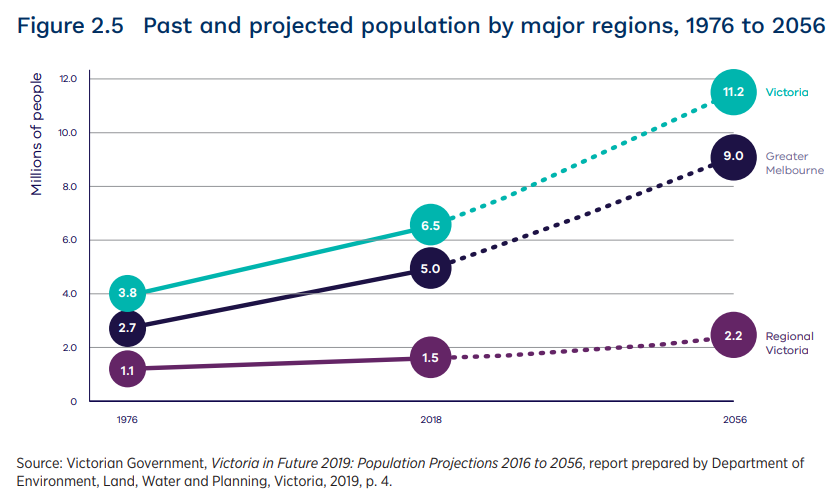
But don’t get cocky, because Victoria disease is spreading like wildfire across the nation.
The conditions are already set.
- Single-party Labor states are stuffing in people while overspending and crowding out the private sector, killing productivity.
- Back-breaking energy prices as the resource endowment is being grotesquely mismanaged.
- Hollowed-out economies that rely heavily on asset price growth.
- Think tanks and media that are utterly corrupt within the system.
The outperforming mining states are caught in a giant bear market that has not yet bitten them largely because prices are coming off crazy wartime highs.
These prices are still falling and will keep doing so. All the bulk commodities that matter: iron ore, coking and thermal coal. LNG, too, though it doesn’t matter because it pays so little tax and is a tax itself via higher energy bills.
This national income smash, which was described in yesterday’s Resources and Energy Quarterly, will likely be much worse than most people think.
Using more realistic price targets of iron ore at $60, coking coal at $100, thermal coal at $80, and LNG at $9/GJ erases another $65 billion from the outlook in 2026/27.
The red line is mine.

As it did in 2015, this will have huge negative impacts on nominal growth, federal and state budget revenues, plus wage growth.
Victoria disease aficionados will respond the same way they did then by boosting immigration even further as the Reserve Bank guts interest rates to stoke a housing boom.
As budgets bleed red, infrastructure bottlenecks will intensify, unemployment will rise, wage growth will fall, and productivity will remain dead as a doornail, as Victoria disease spreads like wildfire.


